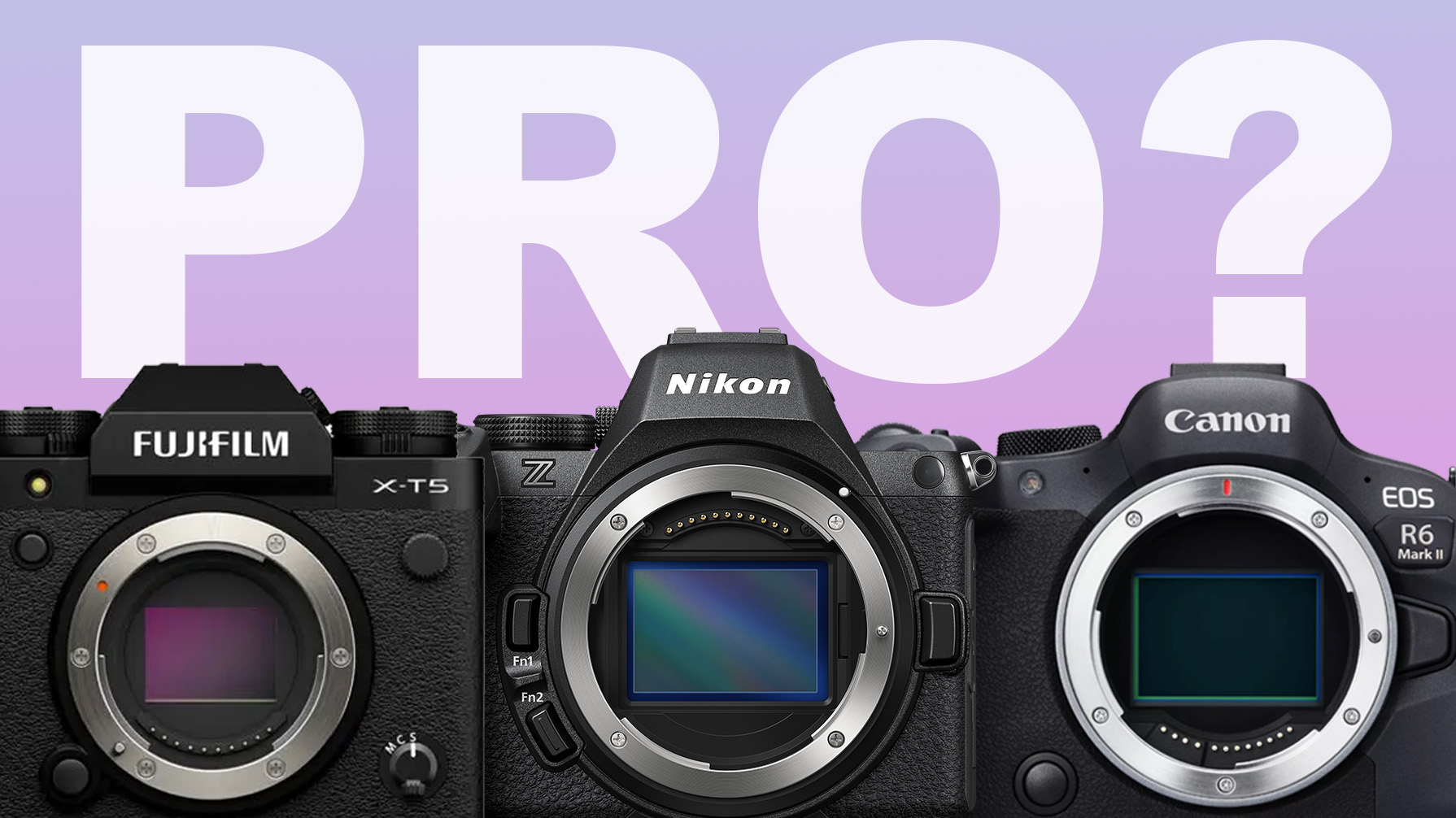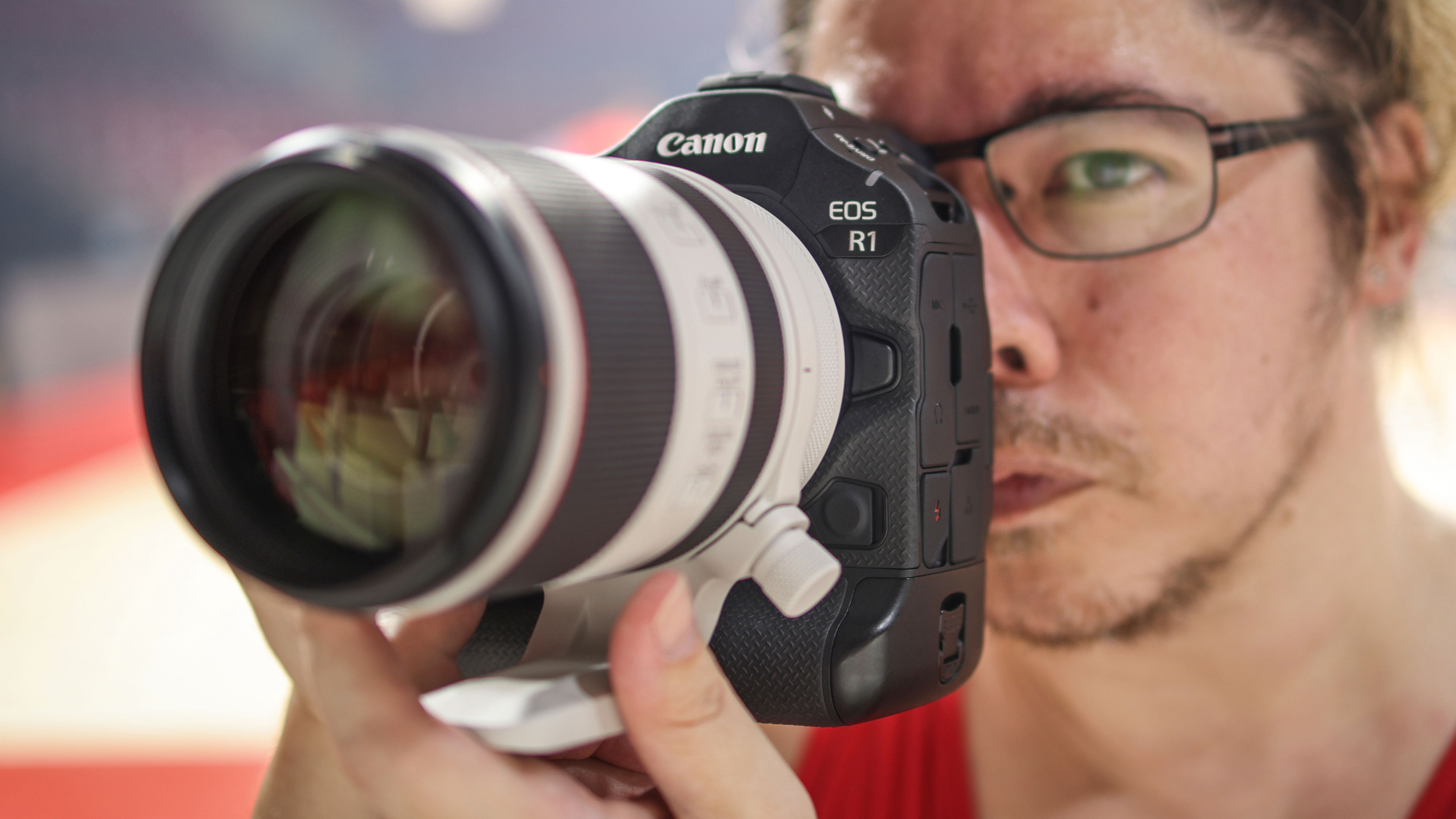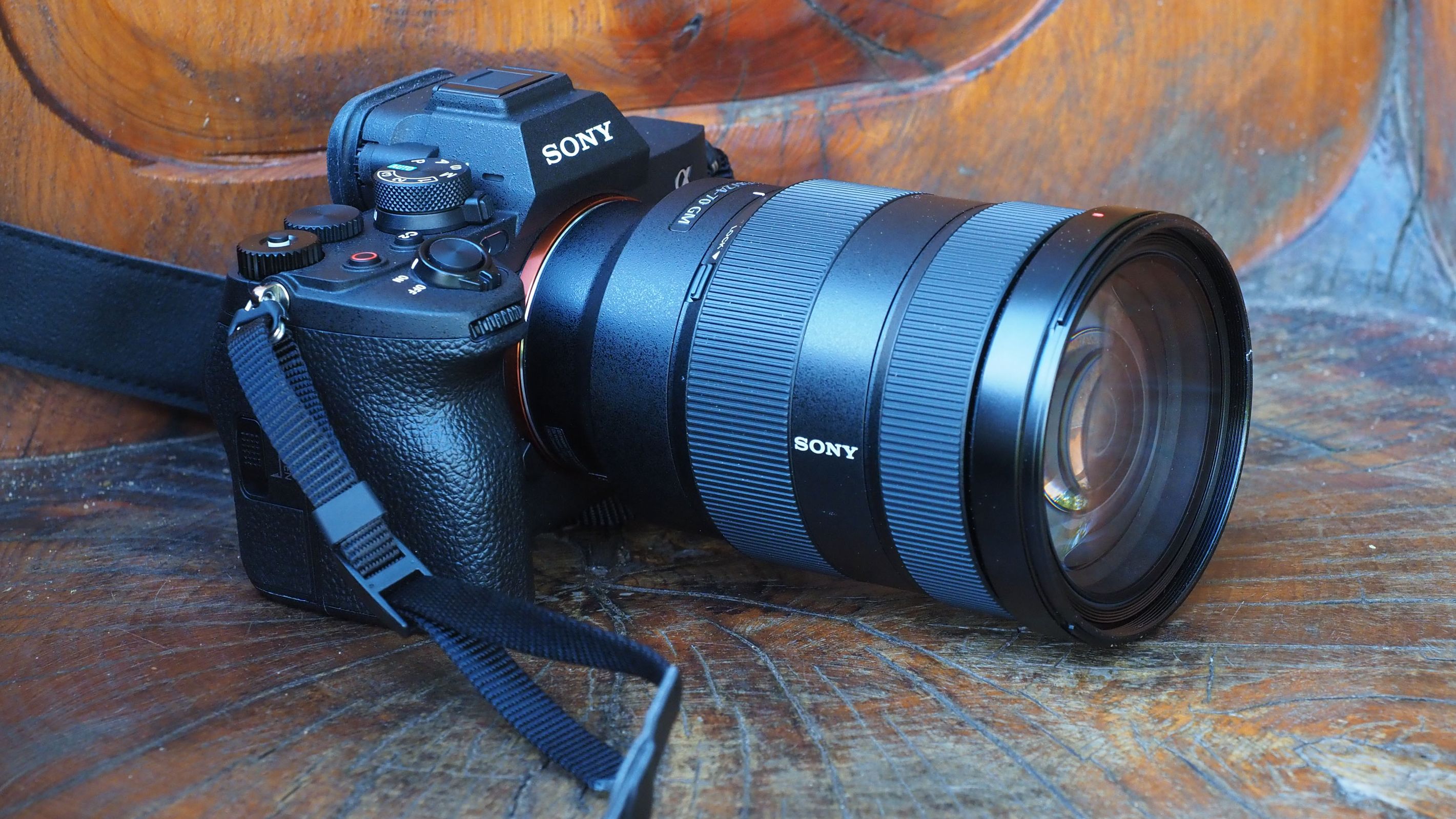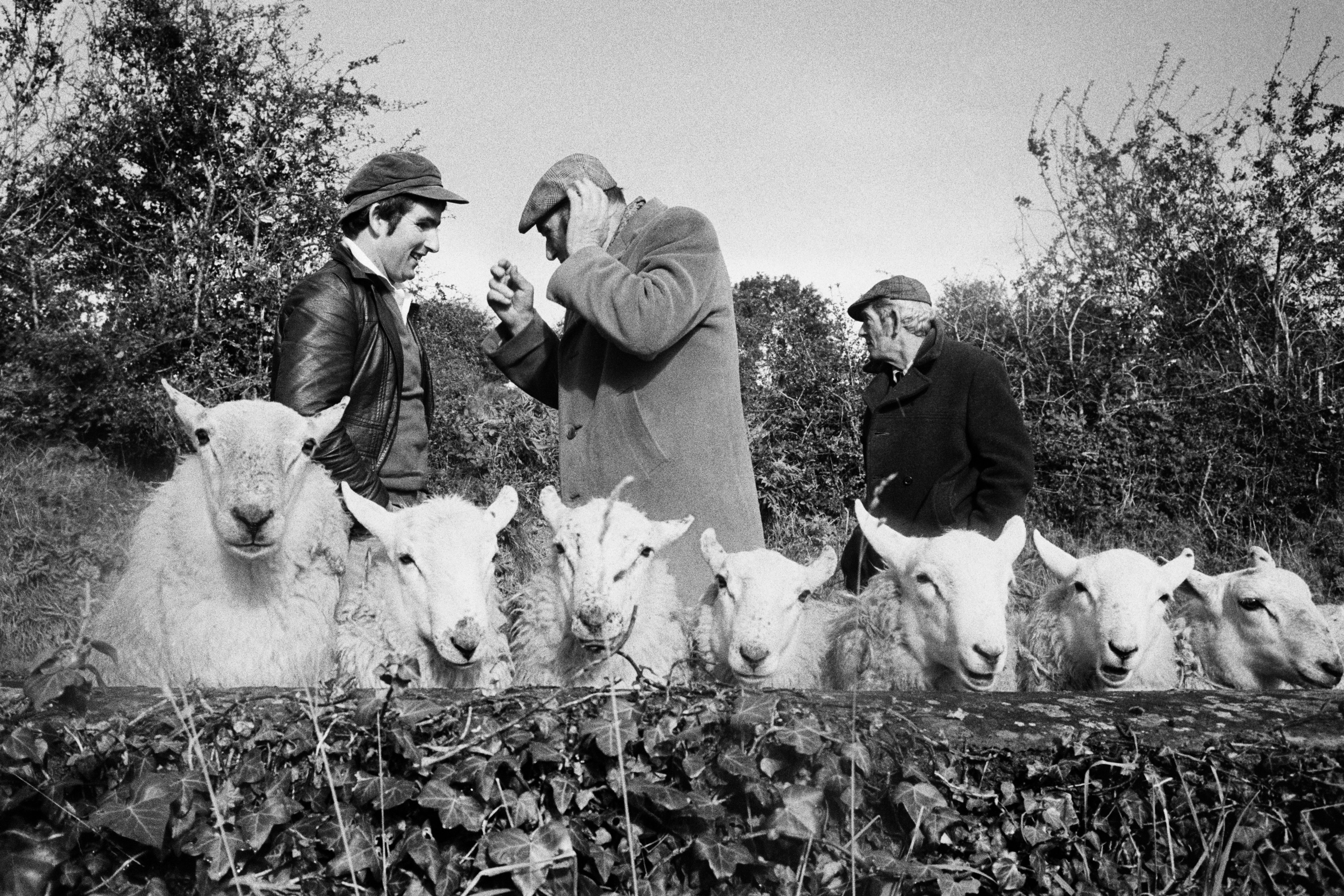I’m a photography expert, these are my recommended cameras for professional photography beginners
Genre and budget are key criteria for working out the best camera for professional photography beginners

The best camera for professional photography beginners is currently trending, so as a photography expert, I thought I’d help the Internet out by giving my recommendations. I’m going to assume that anyone searching for this term is working within a relatively tight budget, because if money’s no object, I see no reason why you couldn’t opt for the latest high-end cameras, such as a Fujifilm XH2, Nikon Z8, Canon EOS R5 Mark II, or Sony A7R V. You could, of course, opt for a flagship camera like the Nikon Z9 or Canon EOS R1, but even for professional photographers, I think these cameras are overkill, unless you’re shooting a very demanding subject such as sports.

When it comes to budgeting for the best camera for professional photography beginners, you have to factor in a decent selection of lenses, too. As such, I’m going to aim my recommendations at budget-conscious, would-be professionals. With that in mind, one option is to go for a last-generation, high-end camera, such as the Nikon Z7 II, Canon EOS R5, and Sony A7R IV. These can still be found new, but prices do vary, so make sure you’re not paying over the odds. Alternatively, you can find some fantastic deals on the used market.
If you’re looking for a great deal on a new camera, you could go for an enthusiast-level camera like the Fujifilm X-T5, Nikon Z5 II, Canon EOS R6 Mark II, or Sony A7 IV. Obviously, a huge factor is the kind of photography you’ll be shooting. If you’re more of a content creator, then video will be a big consideration. In this case, newer cameras will likely serve you best. Take the Fujifilm X-T5 for example: it can capture 4K / 60p with the full width of the sensor, 6.2K / 30p (cropped), and boasts up to seven stops of IBIS. Those are some serious video specs.

If you’re not going to be shooting video, you can go even cheaper. I’m a firm believer that so long as you’ve got a camera with a great sensor and decent autofocus, you can build a professional career as a photographer. As such, if you’re on a very tight budget, you could definitely opt for something like a Nikon Z6 II, Sony A7 III, Fujifilm X-T4, or Canon EOS R6.
And this might be a controversial take, but if you need to spend less than $1,300 / £1,000 / AU$2,000, you could always pick up a pro-grade DSLR on the used market. Again, if you’re only interested in stills, you could definitely build a career with one of the best DSLR cameras. You could pick up a Nikon D850 or Canon 5D Mark IV on the used market and run with it. And if you need to go even cheaper, a Nikon D810 or Canon 5D Mark III would do the trick.
I realise that I haven’t come up with a definitive answer, and that’s because there isn’t one. My final piece of advice is to work backwards. By that, I mean, roughly select the lenses you’ll need as a pro and then work out what budget you have left for a camera. I stand by any of the cameras I’ve listed in this article as professional-quality tools. Good luck!
You might also like...
Want more of my ramblings? Math sucks; stop making me calculate equivalent focal length! I captured a solid sports image on a Nikon D3500 to prove that camera gear should never stand in your way. Mixing camera brands is a rookie mistake that could cost you thousands and even make photography harder.
The best camera deals, reviews, product advice, and unmissable photography news, direct to your inbox!

Mike studied photography at college, honing his Adobe Photoshop skills and learning to work in the studio and darkroom. After a few years writing for various publications, he headed to the ‘Big Smoke’ to work on Wex Photo Video’s award-winning content team, before transitioning back to print as Technique Editor (later Deputy Editor) on N-Photo: The Nikon Magazine.
With bylines in Digital Camera, PhotoPlus: The Canon Magazine, Practical Photography, Digital Photographer, iMore, and TechRadar, he’s a fountain of photography and consumer tech knowledge, making him a top tutor for techniques on cameras, lenses, tripods, filters, and more. His expertise extends to everything from portraits and landscapes to abstracts and architecture to wildlife and, yes, fast things going around race tracks...
You must confirm your public display name before commenting
Please logout and then login again, you will then be prompted to enter your display name.
